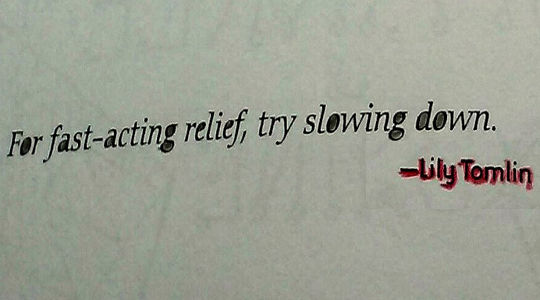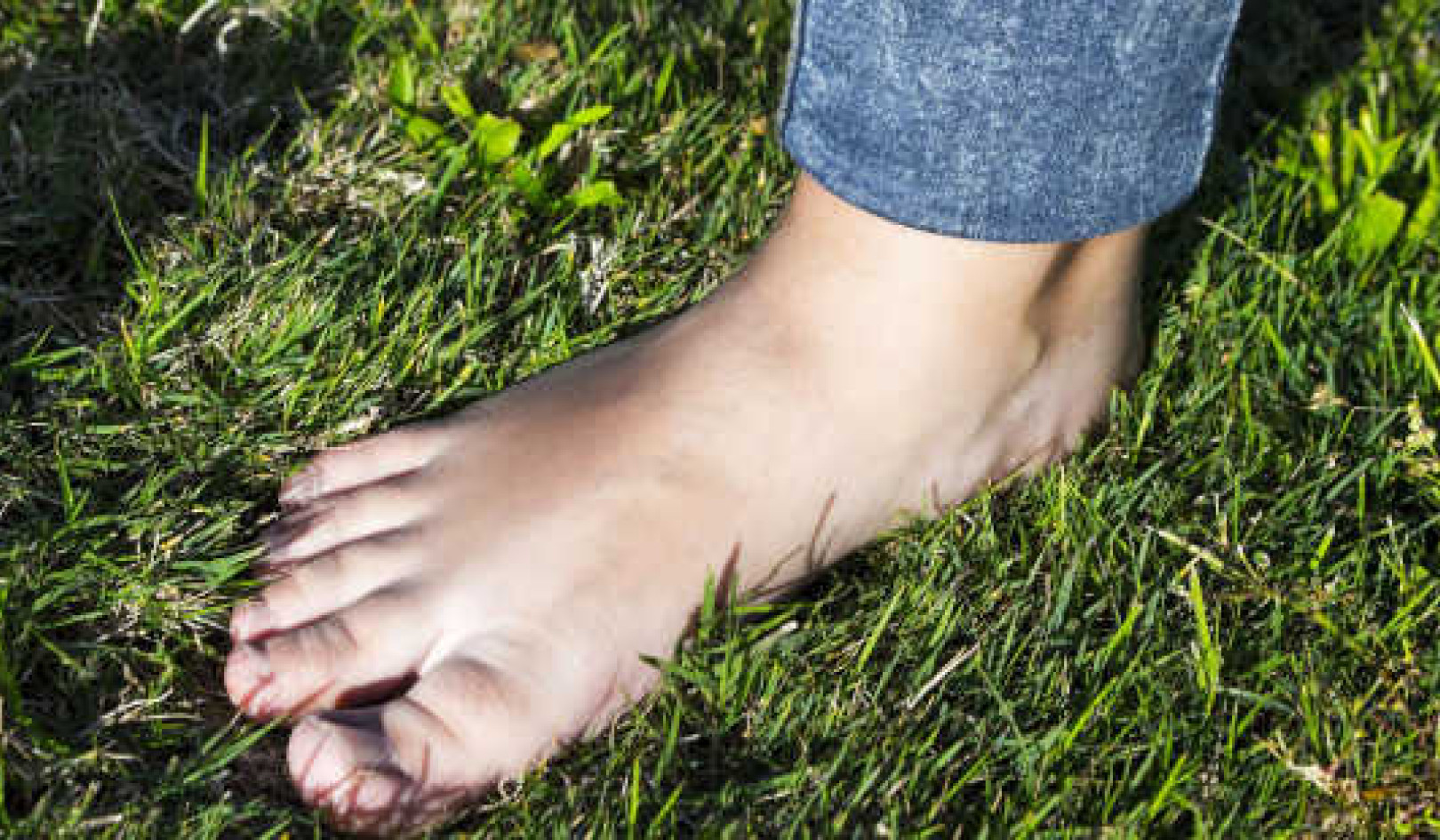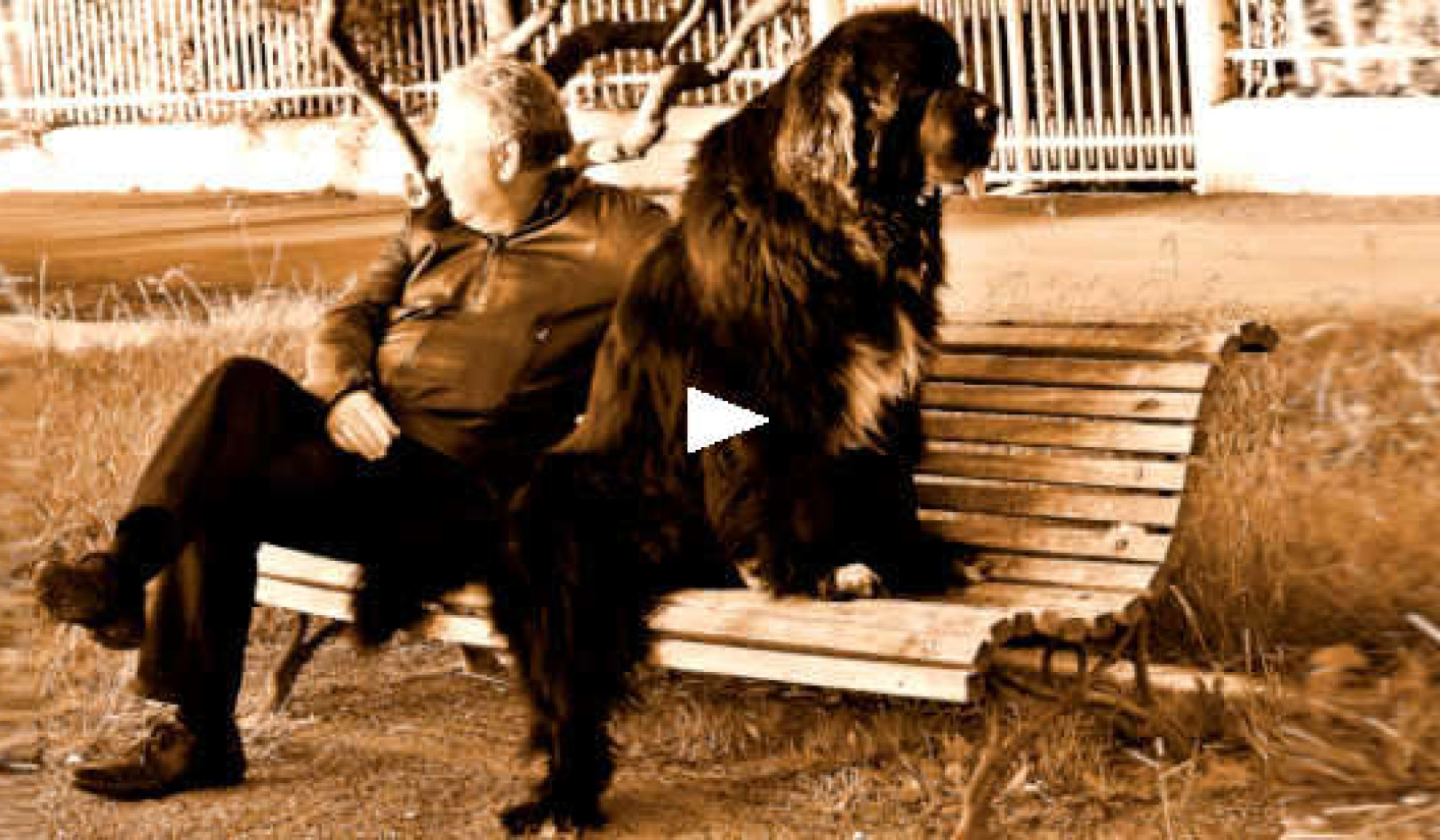
Art credit: Susan Ackeridge. (CC BY 2.0)
We have to slow down, because we do not have much time. -- ZEN SAYING
To inhabit the moment in front of us more fully — it seems as though this should be a simple matter of deciding to do so, but our thoughts and anxieties distract us. Quieting the mind sufficiently is difficult.
It is hard to stop hurrying mentally toward the next task, fretting about something in the future, or ruminating over something that happened the day before. Even if we vow not to squander the next hour through inattention, it happens. We slip back into our thoughts and forget to be awake.
We must repeatedly remind ourselves to pause, to slow down for as much aliveness as we can muster. By doing so, we reach an accord directly with time and obliquely with death. Otherwise, days run into each other without the distinction of our having paid attention, and we have the sense of hurtling swiftly toward the ending.
Can We Defeat Time By Being More Aware?
At the age of seventy-five, a retired psychiatrist took a fall in a dark parking lot that could have ended his life. He realized that he had come close to aging "fifty years in one fell swoop." In the aftermath, he wondered, "Could I defeat time by being more aware?"
A heightened consciousness took hold of him: "I live on the cusp, savoring every moment, every hug and kiss from Katie, every chance to see my grown children, every friend, every sunset and cloud in the New Mexico sky, every interested student, every conscious second."'
In the last months of her life, my mother-in-law dwelled in a hospital bed in our house. It took all of her strength to get down our steep front steps, walk around the block, and get back up to the front door, but we did this together three or four times a week. As we inched down the sidewalk, she pointed out every flower, the pattern in paving stones, the various shades of green in the trees and bushes.
By Going Slowly, We See Things Differently
I had never seen my neighborhood before — not like this — even though I had walked this circuit at least a thousand times with my dog. She noticed artful decorations on mailboxes, the way handrails had been constructed, the varieties of front doors, and had something to say about all of it.
At first, I was infuriated by the slowness of our pace. I had other things to do. She would stop often, not because she was short of breath, but out of the need to examine the texture of the petals of a flower or to get a closer look at the edging around a driveway.
Gradually, I surrendered. There was no way to hurry a dying woman. I began to look forward to these walks. What else would we notice that we had not seen before? I let go of the concerns bombarding my mind and opened up to just seeing what was there.
To Be Fully Alive, Slow Down
 Normally, it is hard to give ourselves even fifteen minutes of the day like this. Such alertness requires putting aside our preoccupation with what will happen later, tomorrow, and the day after that. It means overcoming the nagging distraction of our many pressures and aims.
Normally, it is hard to give ourselves even fifteen minutes of the day like this. Such alertness requires putting aside our preoccupation with what will happen later, tomorrow, and the day after that. It means overcoming the nagging distraction of our many pressures and aims.
My mother-in-law reminded me of the patient momentum of looking and really seeing, turning an ordinary walk into gladness for continuing to be among the living. Long after she died, I would walk the neighborhood and challenge myself to walk like that, to be alive like that.
Slow Down and Stop to Treasure Life
A woman recalled sitting on her grandmother's bed as a child and listening to her tell a story prompted by each item they had taken out of her jewelry box. Suddenly her mother was standing in the doorway, having caught them in this mutual enchantment.
After she scolded them for "daydreaming" and left, her grandmother explained:
Your mother goes and goes and does and does, but she never considers who she is. It is too bad she never stops to treasure anything or make anything special.
If We Slow Down, We'll Finally Have Time
At the age of seventy-one, a woman contrasted the frenetic pace of her younger years with the serenity of her current life: "I was so scattered. I was running around all the time, barely keeping up. Now I can meditate. I am grounded. I can undertake something and stick with it. There's really no comparison."
By refusing the insistence of haste, we expand the hours in front of us. By reveling in what has been seen and heard and felt, we may find that time finally attains a pace that feels like living.
©2011 Wendy Lustbader.
Reprinted with permission of the publisher, Jeremy P. Tarcher/Penguin,
a member of Penguin Group (USA). www.us.PenguinGroup.com.
Article Source
Life Gets Better: The Unexpected Pleasures of Growing Older
by Wendy Lustbader.
 Life Gets Better examines through first-person stories, as well as the author's own observations, how a lifetime of lessons learned can yield one of the most personally and emotionally fruitful periods of anyone's life. The collected stories in Life Gets Better provide a hopeful corrective to the fear of aging aggressively instilled in us by the media. Don't dread the future: The best years of our lives just may be ahead.
Life Gets Better examines through first-person stories, as well as the author's own observations, how a lifetime of lessons learned can yield one of the most personally and emotionally fruitful periods of anyone's life. The collected stories in Life Gets Better provide a hopeful corrective to the fear of aging aggressively instilled in us by the media. Don't dread the future: The best years of our lives just may be ahead.
Click here for more info or to order this book on Amazon.
About the Author
 Wendy Lustbader, MSW, is an author, social worker, and professor, who works with older people, their families and caregivers. Currently, she is an Affiliate Associate Professor at the University of Washington School of Social Work in Seattle. She is the author of Taking Care of Aging Family Members (coauthored with Nancy R. Hooyman), Counting on Kindness, and What’s Worth Knowing. Wendy's publications include two videos. The first, "A Prescription for Caregivers," shows caregivers and those who assist them how to make life better for the giver and receiver of care. In her other video, "Kind Hands," front-line workers learn how to respond to grief and vulnerability. Wendy lectures nationally on subjects related to aging.
Wendy Lustbader, MSW, is an author, social worker, and professor, who works with older people, their families and caregivers. Currently, she is an Affiliate Associate Professor at the University of Washington School of Social Work in Seattle. She is the author of Taking Care of Aging Family Members (coauthored with Nancy R. Hooyman), Counting on Kindness, and What’s Worth Knowing. Wendy's publications include two videos. The first, "A Prescription for Caregivers," shows caregivers and those who assist them how to make life better for the giver and receiver of care. In her other video, "Kind Hands," front-line workers learn how to respond to grief and vulnerability. Wendy lectures nationally on subjects related to aging.
View two video presentations by Wendy Lustbader: What Older People Teach Us and A Prescription For Caregivers.























